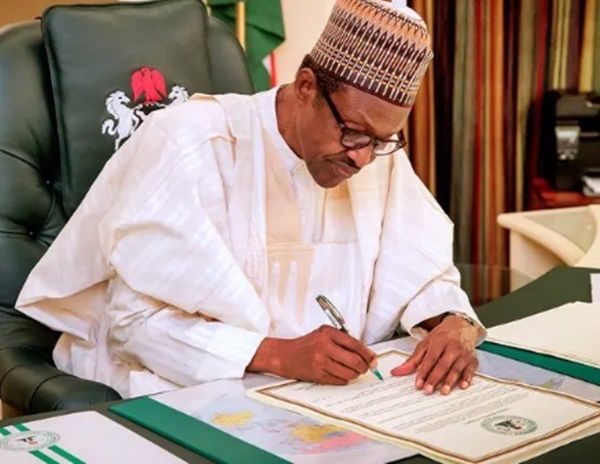[ad_1]
“I will vote for him; Biden is better than Trump, sure,” said Stephen Phillips, 33, who lives in Lakeland, Fla., and has been furloughed from his job in talent recruitment because of the coronavirus outbreak. But he cringed watching Mr. Sanders’s live-streamed endorsement of Mr. Biden on Monday, when the senator spoke extemporaneously while the former vice president seemed to be reading off cue cards. “This guy is going to be running against Donald Trump, who off the cuff can destroy anybody with words.”
Maria Aviles-Hernandez, 24, a Spanish teacher near Rocky Mount, N.C., didn’t vote in 2016 but plans to support Mr. Biden, although Mr. Sanders was her first choice. “I will vote this year, I will make sure of that,” she said. “I didn’t expect Trump to win the first time. The world just surprised me. I don’t want that to happen again.”
A challenge for Mr. Biden in the fall is that even if he has the grudging support of Sanders voters, many may not go out of their way to vote, either by applying for absentee ballots or by traveling home if they are students.
“For a college student, the barriers to get to the voting place are very real,” said Victoria Waring, 21, whose family home is in central Pennsylvania but who attends college in Philadelphia, studying film and animation. “A lot of my friends are disillusioned with the Democratic Party, they feel there’s nothing they can do to be represented, that the establishment will pick whoever they want and it doesn’t matter what we say.”
In 2016, before she was old enough to vote, Ms. Waring organized for Jill Stein, the Green Party candidate. Ms. Waring said she would not volunteer this year for the Biden campaign. “How could I in good faith tell someone to vote for someone who I don’t agree with on any issue?” she asked. “I can’t. No. Absolutely not.”



















